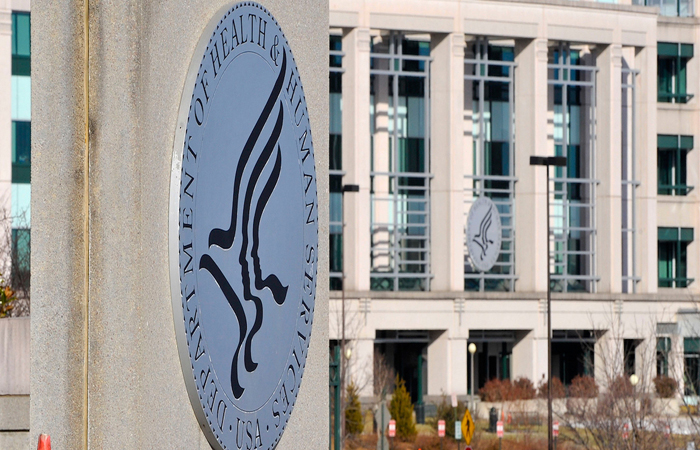Federal regulators have been taking steps to hold private health insurance companies working within the Medicare program more accountable.
Behavioral health continues to play an essential part in those efforts.
One of the most recent moves came on Thursday, when the U.S. Centers for Medicare & Medicaid Services (CMS) finalized a new set of policies meant to “strengthen enrollee protections and guardrails” in Medicare Advantage (MA) while ensuring plans meet members’ needs. The finalized policies include additional protections around behavioral health services.
“In my travels around the country, I always hear from Medicare enrollees that Medicare can be confusing and access to accurate, unbiased, actionable information is vital — whether it’s about enrollment or how to access services,” Dr. Meena Seshamani, CMS deputy administrator and the director of the Center for Medicare, said in an announcement. “This final rule builds on the bold actions we took last year to improve access to care and address predatory marketing, strengthening the Medicare program and improving the lives of the people we serve.”
In particular, Thursday’s rulemaking expands access and network standards around mental health and substance use disorder (SUD) services within the MA landscape.
The finalized policies expand network adequacy evaluation requirements to a new outpatient behavioral health specialty type, which includes marriage and family therapists (MFTs) plus mental health counselors (MHCs). These behavioral health professionals can already bill under fee-for-service Medicare, so the rulemaking largely aligns MA with that stance.
The same holds true for addiction medicine clinicians, opioid treatment providers and other behavioral health practitioners providing psychotherapy or SUD medication.
“To help ensure that people with a Medicare Advantage plan have access to behavioral health providers, including these newly enrolled providers, CMS is adding network adequacy evaluation standards for a new facility-specialty provider category, called ‘Outpatient Behavioral Health,’ that will include a range of behavioral health providers under one category,” a fact sheet on the new policies detailed.
“Other behavioral health practitioners” can potentially include nurse practitioners (NPs), physician assistants (PAs) and clinical nurse specialists (CNSs) who regularly furnish addiction medicine and mental health services.
MA plans will need to take steps to vet any of the behavioral health practitioners they’re working with in their network.
When CMS first proposed its policies, some public commenters expressed concerns that NPs, PAs and CNSs “might lack the necessary skills, training or expertise to effectively address the behavioral health needs of enrollees.”
“Specifically, Medicare Advantage plans must independently verify that the provider they are adding to their network has furnished or will furnish such services to at least 20 patients within a12-month period, using reliable information about services furnished by the provider, such as the Medicare Advantage plan’s claims data, prescription drug claims data, electronic health records or similar data in order to make this determination,” the fact sheet explained.
Broadly, Medicare beneficiaries in the U.S. have experienced an increased need for behavioral health services since 2020.
Many older adults have struggled with social isolation and loneliness, exacerbating mental health conditions. All the while, the prevalence of SUDs has also been rising among the Medicare population.
With that in mind, strengthening behavioral health within MA has been a critical focus for CMS and other federal agencies. In 2023, nearly 31 million Medicare beneficiaries – or more than half of the eligible Medicare population – were enrolled in an MA plan, according to Kaiser Family Foundation data.



